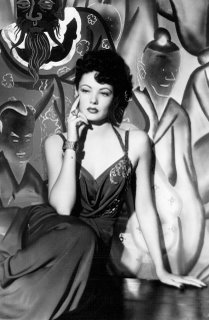 Issue 11 of The Ugly Tree poetry 'zine is available from February 1st 2006.
Issue 11 of The Ugly Tree poetry 'zine is available from February 1st 2006.This issue features poetry from Todd Swift, John G.Hall, Ian Mullins, Peter Johnson, Usha Kishore, Ken Champion, David Thornbrugh, Ivana Sojat-Kuci, Vincent Berquez, Reshma Madhi, Brendan McMahon, Deborah Maudlin, Paul Tristram, Austin McCarron, Ben Barton, Cathy O, Timothy Fighting Light-Shade-of-Blue, Carol Batton, Geoff Stevens, Arwen Lewis & a review of Smoke magazine.
The Ugly Tree \ ISSN 1478 8349 \ £3.00 per issue \ £8.50 annual sub \ ed. Paul Neads
Copies can be ordered from Mucusart Publications, 6 Chiffon Way, Trinity Riverside, Gtr Manchester M3 6AB enclosing payment of £3.00 (payable to P. Neads) or by visiting Cornerhouse Bookshop & Whitworth Art Gallery Bookshop in Manchester.
For a taster of this issue & those that went before
www.mucusart.co.uk/samples.htm
Comments